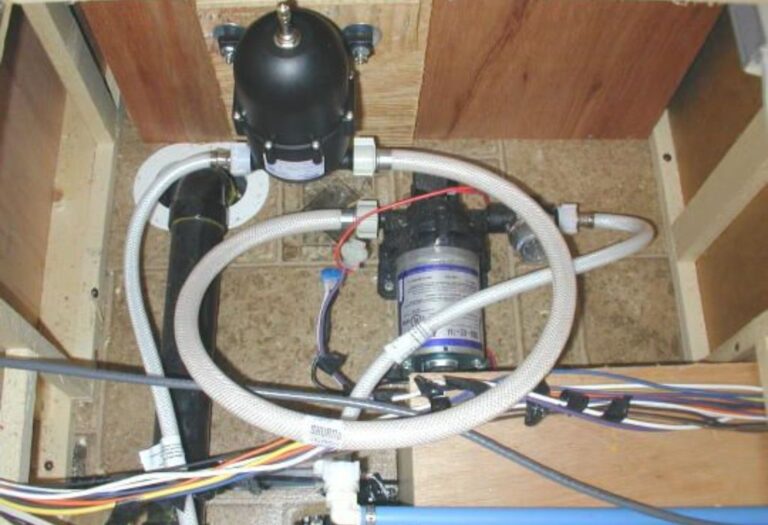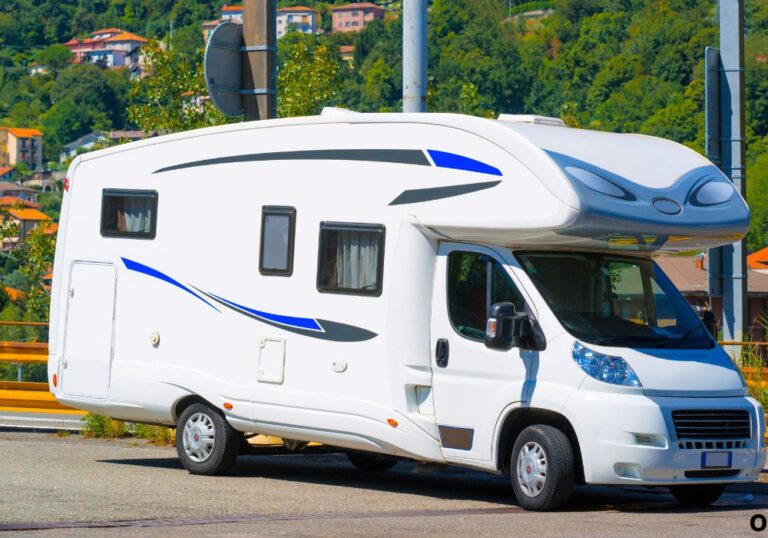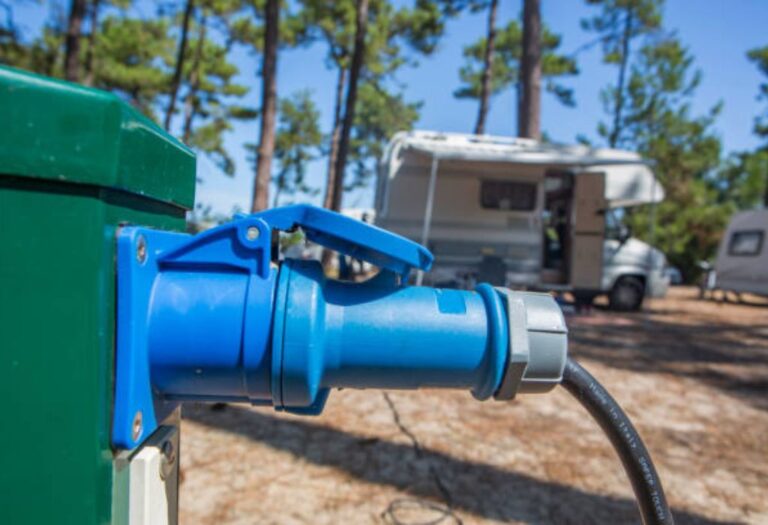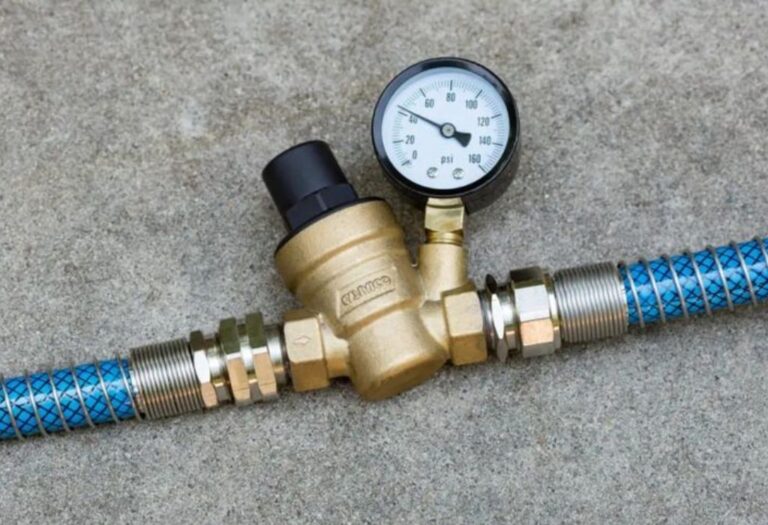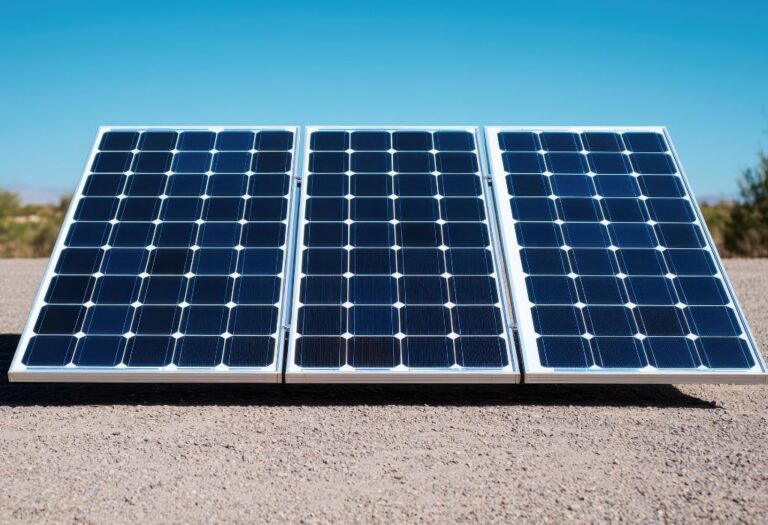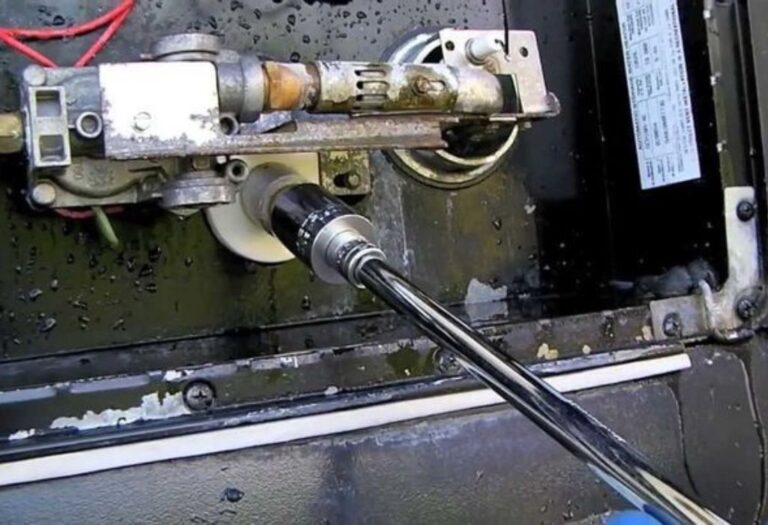Can I Put a Lithium Battery in My RV? Complete 2025 Guide
An RV owner who enjoys long trips away from campgrounds often discovers the frustration of traditional lead-acid batteries draining too quickly.
The heavy weight, slow charging speed, and limited lifespan of these batteries make them less ideal for modern RV living.
Lithium batteries have become a popular upgrade, but many RVers still wonder if they can be safely installed as replacements.
Switching to lithium promises faster charging, more usable power, and less maintenance, yet the upfront cost makes some hesitate.
According to RVIA research, lithium batteries can last five to ten times longer than lead-acid models, providing long-term savings despite the higher initial expense.
Manufacturers are increasingly designing RVs with lithium-ready electrical systems, which makes the upgrade easier than ever.
Understanding the benefits, challenges, and installation requirements helps determine whether lithium batteries are the right choice for your RV setup.
This guide explains everything you need to know before deciding to put a lithium battery in your RV.
Can You Put a Lithium Battery in an RV?

Yes, lithium batteries can replace traditional lead-acid or AGM batteries in most RVs without major issues. They provide the same 12V power output but with greater efficiency and reliability.
In many cases, you can drop in a lithium battery with little modification, though some RVs may require an upgraded charger or converter. Modern RVs are increasingly built to support lithium technology by default.
Lithium batteries are lighter, safer, and longer lasting than their older counterparts, making them a strong choice for RV power. Many owners who upgrade report immediate improvements in performance and convenience.
However, compatibility must always be confirmed before making the switch. Reviewing your RV’s manual or consulting with an electrician helps ensure a smooth installation.
Can lithium batteries be used in RVs?
Yes, they are compatible replacements for lead-acid.
Do RVs support lithium without modification?
Often yes, but some require upgrades.
Are lithium RV batteries safe?
Yes, they include built-in safety systems.
Do all RVs accept lithium replacements?
Most do, but confirm compatibility first.
Are lithium batteries standard in new RVs?
Yes, many models now come lithium-ready.
Lithium vs Lead-Acid Batteries for RVs
Lead-acid batteries have been the standard for decades because they are affordable and widely available. However, they are heavy, require maintenance, and lose efficiency over time.
Lithium batteries are more expensive upfront, but they provide longer lifespan, faster charging, and deeper discharge without damage. This makes them far more efficient for long-term RV use.
While a lead-acid battery may last three to five years, a lithium battery can often last a decade or more. This significantly reduces replacement frequency and overall costs.
For frequent travelers or full-time RVers, the benefits of lithium often outweigh the higher price tag. Casual weekend campers may still find lead-acid batteries sufficient for their needs.
Are lithium batteries better than lead-acid?
Yes, they provide superior performance.
Do lithium batteries last longer?
Yes, often up to 10 years.
Are they lighter in weight?
Yes, about half the weight of lead-acid.
Is lead-acid cheaper?
Yes, but they wear out faster.
Does lithium save money long-term?
Yes, fewer replacements make them cost-effective.
Benefits of Lithium Batteries in RVs
Lithium batteries provide a much longer lifespan than traditional lead-acid. With thousands of charge cycles, they remain reliable for many years.
They charge significantly faster, making them ideal for solar setups, generators, or shore power use. Faster charging reduces downtime and improves energy independence.
Lithium batteries deliver consistent power output until they are nearly depleted, unlike lead-acid, which gradually weakens as they drain. This means lights stay brighter and appliances run more smoothly.
Their lighter weight makes RVs easier to handle, improving fuel efficiency and reducing strain on storage compartments. This is especially useful for boondocking travelers who want to reduce load.
Do lithium batteries charge faster?
Yes, they recharge much more quickly.
Are they reliable for boondocking?
Yes, they provide steady long-term power.
Do they hold voltage better?
Yes, until almost fully discharged.
Is weight reduction significant?
Yes, they are nearly half the weight.
Are lithium RV batteries eco-friendly?
Yes, they reduce waste and energy use.
Challenges and Considerations Before Installing
The most notable challenge is cost, as lithium batteries are three to five times more expensive upfront compared to lead-acid. This investment pays off over time but may deter budget-conscious buyers.
Some RVs require upgraded chargers or converters to handle lithium charging profiles. Without these upgrades, the batteries may not perform at their best.
Lithium batteries require a built-in battery management system (BMS). This system protects against overcharging, overheating, and deep discharging.
Cold temperature performance can be limited, as lithium batteries do not charge well below freezing. Many modern models include low-temperature cutoffs to protect cells.
Are lithium batteries expensive?
Yes, but they last much longer.
Do I need a special charger?
Yes, for proper charging efficiency.
What is a BMS?
A system that protects battery safety.
Do lithium batteries work in cold weather?
Not well, unless built with low-temp features.
Are modifications always required?
Sometimes, depending on your RV.
How to Install a Lithium Battery in Your RV
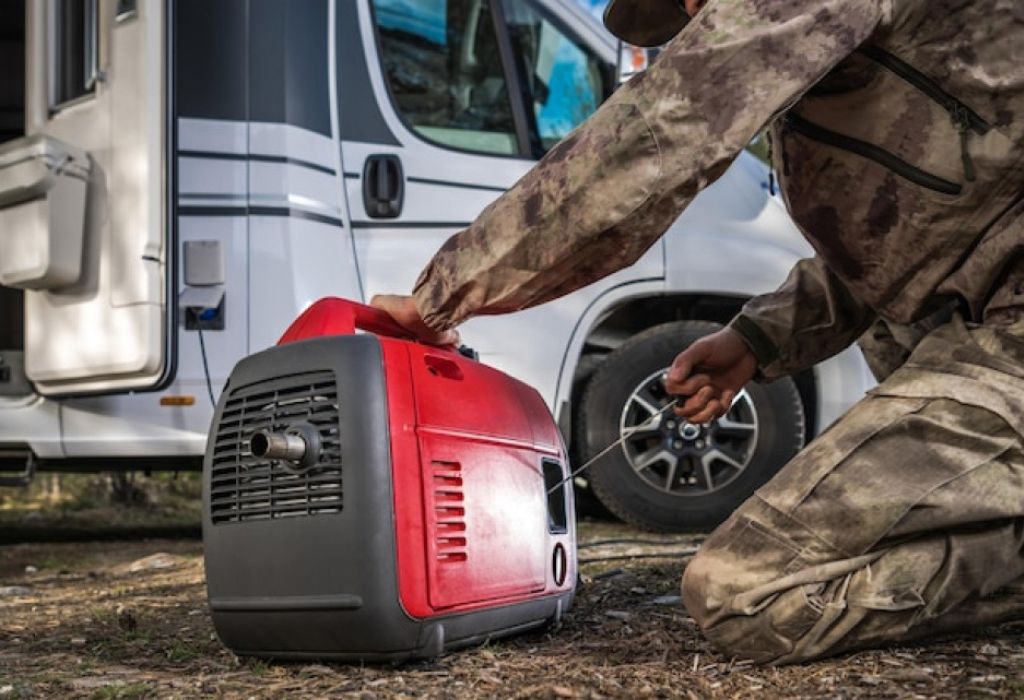
Start by reviewing your RV’s manual and checking whether the electrical system supports lithium. Most 12V systems can accept them with proper adjustments.
Turn off all power sources before beginning installation. Disconnect and remove old lead-acid batteries carefully, as they can leak acid.
Place the lithium battery in the same compartment, securing it properly. Ensure connections are tight, and follow the polarity guidelines.
Use a charger or converter compatible with lithium technology to maximize performance. Consider professional installation if you are not confident with electrical systems.
Can I install lithium myself?
Yes, if you are comfortable with wiring.
Do I need an electrician?
Not always, but it is safer for some RVs.
How to wire lithium batteries?
Follow manufacturer instructions and polarity.
Can I mix lithium with lead-acid?
No, they should not be combined.
Do all lithium batteries need BMS?
Yes, for safe and efficient operation.
Charging Lithium Batteries in an RV
Lithium batteries can be charged using solar panels, generators, or shore power. Their fast-charging ability makes them efficient for all power sources.
A smart charger or converter with a lithium setting ensures proper charging. Using the wrong charger may reduce battery life.
Generators can quickly recharge lithium batteries due to their higher acceptance rate. Solar panels also work effectively with lithium, making them ideal for off-grid setups.
Overcharging is prevented by the BMS, which regulates voltage and ensures safe performance. This gives RV owners peace of mind when using multiple charging methods.
Can I charge lithium with solar?
Yes, they are highly compatible.
Do I need a lithium charger?
Yes, for efficient charging cycles.
Can a generator charge lithium?
Yes, and it does so quickly.
Does shore power work with lithium?
Yes, with a proper converter.
Can lithium be overcharged?
No, the BMS prevents this.
Cost Breakdown: Lithium RV Battery Upgrade
Lithium batteries cost between $700 and $1,200 per unit, depending on capacity. This is three to five times more than lead-acid batteries.
Despite the higher upfront cost, they outlast lead-acid batteries by years. One lithium battery can replace four to six lead-acid replacements over its lifespan.
Reduced maintenance, faster charging, and improved performance provide additional savings. The investment becomes worthwhile for those who travel frequently.
For occasional campers, lead-acid may remain more economical. The decision depends on usage habits and long-term goals.
Are lithium RV batteries expensive?
Yes, upfront costs are higher.
Do they save money in the long run?
Yes, due to fewer replacements.
How many years do they last?
Up to 10 years or more.
How many lead-acid replacements equal one lithium?
About four to six replacements.
Is the upgrade worth it?
Yes, especially for frequent RVers.
Best Scenarios for Lithium RV Batteries
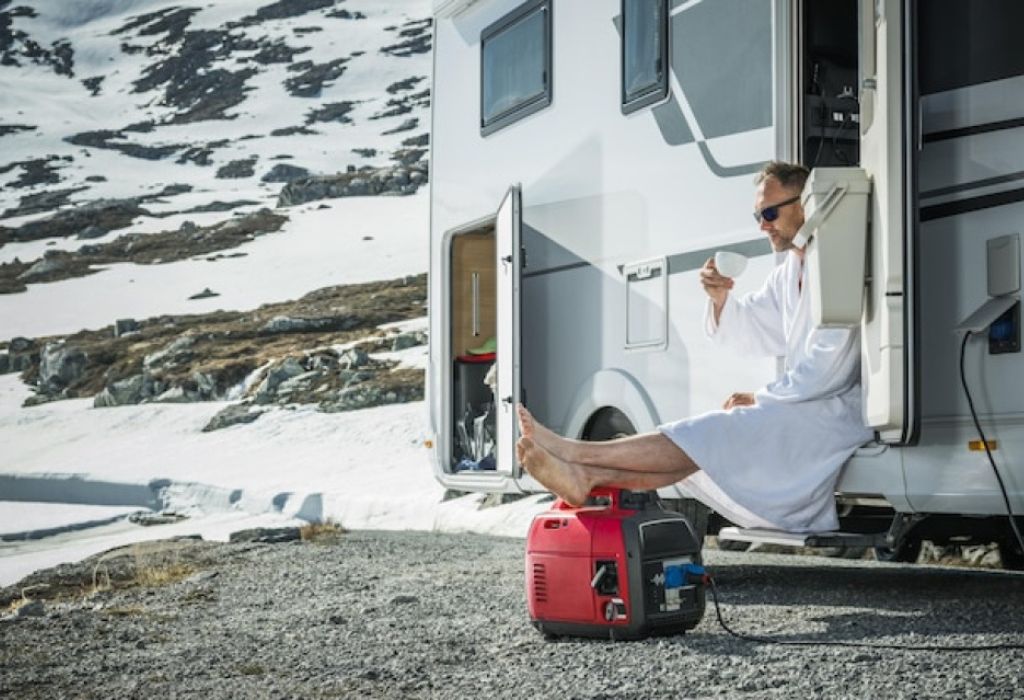
Full-time RVers benefit most from lithium batteries, as they maximize long-term performance. For those living in an RV, the investment quickly pays off.
Boondockers who rely on solar panels find lithium especially valuable. Fast charging and deep discharge capability make them reliable off-grid.
Frequent travelers who use high-powered appliances like microwaves, air conditioners, and induction cooktops also benefit. Lithium handles these demands with ease.
Weekend campers may not need lithium batteries, as the benefits may not outweigh the cost for occasional use. For light RVing, lead-acid can still be sufficient.
Who benefits most from lithium?
Full-time and off-grid RVers.
Are they best for solar setups?
Yes, they work efficiently with panels.
Do weekend campers need lithium?
Not necessarily, lead-acid may suffice.
Do lithium batteries run appliances better?
Yes, they provide stable power.
Are they worth it for part-time RV use?
Usually no, unless cost is not a concern.
Conclusion
Yes, you can put a lithium battery in your RV, and for many RVers, it is one of the best upgrades they can make. The benefits far outweigh the drawbacks for frequent travelers.
Lithium batteries provide longer lifespan, faster charging, lighter weight, and more efficient power delivery. They are especially useful for solar setups and off-grid living.
The main challenges are higher upfront costs and potential system modifications. However, long-term savings and improved performance make the investment worthwhile.
Final advice: choose lithium batteries if you travel often, rely on solar, or want a long-term power solution for your RV. If you only camp occasionally, lead-acid may still meet your needs.
I’m David R. Coleman, the founder, lead writer, and lifelong tool enthusiast behind GarageToolPro.com. With years of experience in automotive repair, woodworking, and home DIY projects, I created this platform to share practical tips, detailed tool reviews, and step-by-step guides that help mechanics, hobbyists, and homeowners get the job done right the first time.

